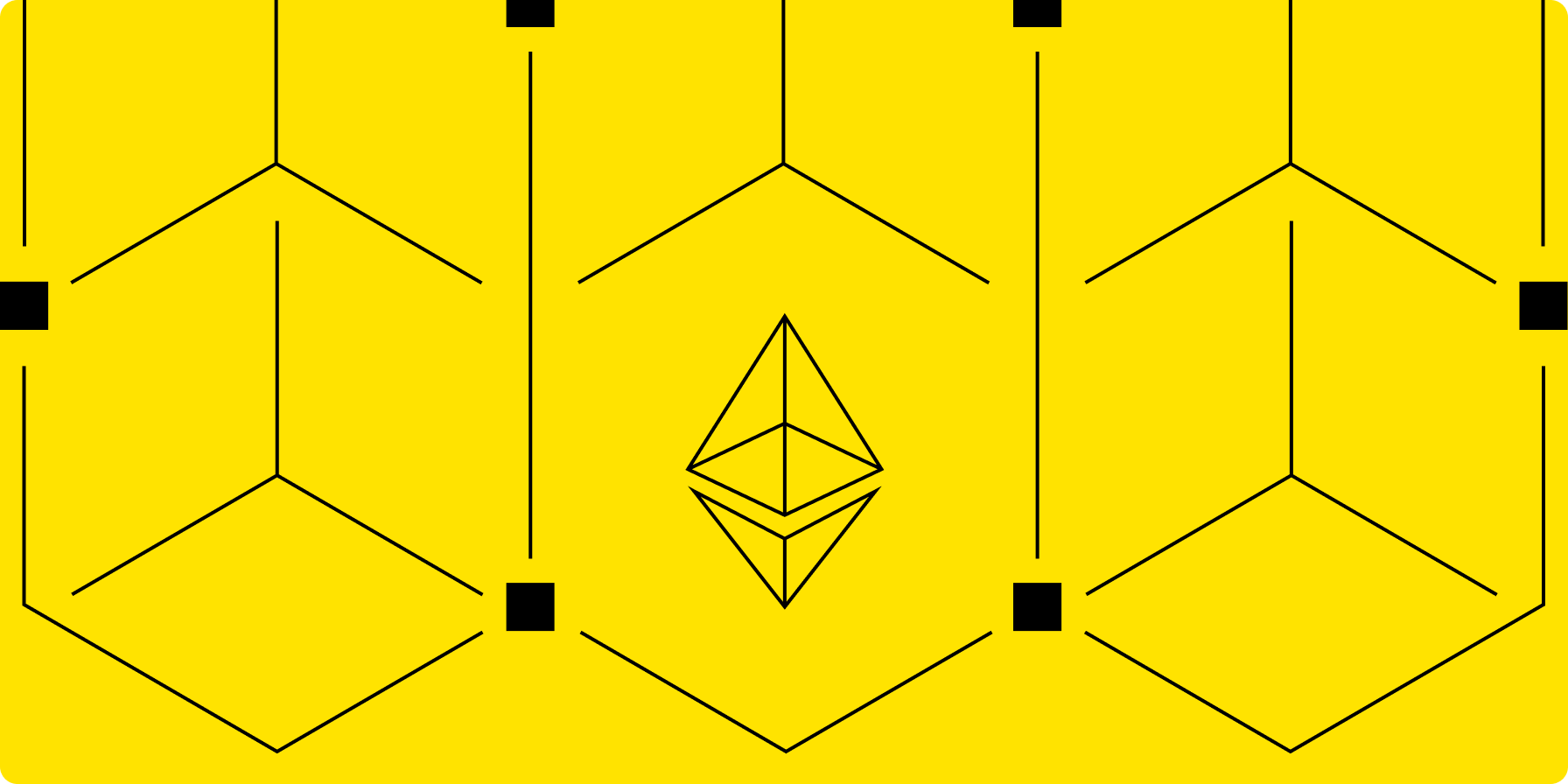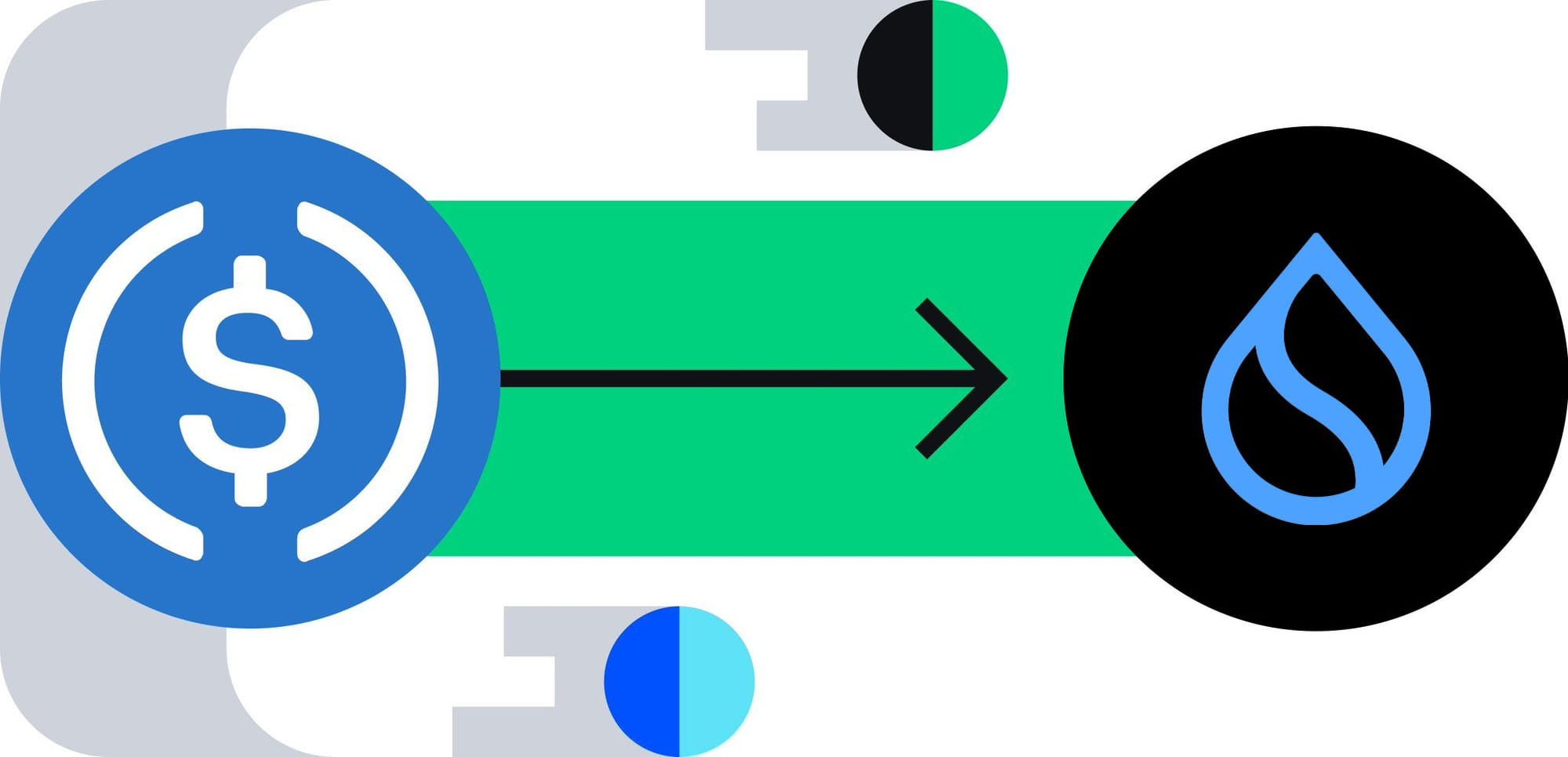This Week's Infra News: Arbitrum's Orbit Chains Enables Fast Withdrawal, Sui $USDC Deposits and Withdrawals Live on Coinbase

Ethereum
All Core Developers Execution (ACDE) Call #199
Pectra Upgrade
Developers reaffirmed the inclusion of EIP 7742 as a prerequisite for increasing blob capacity in the Pectra upgrade. Pectra Devnet 4 was launched on October 18 but encountered issues with specific clients, including Erigon, EthereumJS, and Grandine.
Plans for Pectra Devnet 5 are moving forward, with developers preparing updated gas costs for EIP 2537 and making modifications to EIPs 7685 and 7702 based on feedback.
Block Gas Limit Increase
A proposal to gradually double the block gas limit from 30 million to 60 million over two years sparked debate. Due to a lack of consensus and concerns about readiness and potential impacts, developers decided to continue this discussion asynchronously on other forums.
Specification Changes
Developers are conducting cost recalculations and adjustments for BLS12-381 operations under EIP 2537. Additional changes include updates to EIP 7685 for general-purpose execution layer requests and adjustments to EIP 7702 regarding account code hash behavior, all of which will be incorporated into Pectra Devnet 5 after feedback.

- Dedaub launches "Security Suite" - offering Ethereum-compatible decompilation, monitoring, formal verification, and transaction simulation, enabling contract analysis, on-chain monitoring, and secure transaction testing.
- Web3 Builder is supported by Dedaub
New EIP: EIP-712 Enhancements for Smart Contract Security
A new EIP by Francisco Giordano proposes extensions to EIP-712 to enhance support for smart contract accounts by introducing signing domains.
The update aims to bind signatures to specific accounts, preventing replay attacks and allowing dapps and wallets to coordinate on authentication methods, boosting both security and interoperability.
The goal is to improve smart contract security and facilitate seamless communication of supported authentication methods across the Ethereum ecosystem.
New EIP: Rollup Operator Reward System
A new EIP by Ryo Ha and Khajiev Nizomjon proposes a system to reward rollup operators for submitting BLOB data from Layer 2 (L2) to Layer 1 (L1).
The proposal aims to incentivize these operators with L1 coins (ETH), enhancing Ethereum’s scalability and efficiency. By establishing an economic reward mechanism, the EIP encourages broader participation and promotes decentralization to improve overall network performance.
Layer 2

RollCall #8.1: Rollup-Geth for a Unified Rollup Core
The Ethereum Foundation and Nethermind introduced rollup-geth, a collaborative Geth fork aimed at providing a common foundation for Rollups, reducing fragmentation and simplifying updates.
Currently in the experimental phase, rollup-geth seeks to unify Rollup implementation. The team is focusing on understanding Geth’s codebase and L2 forks, identifying merging challenges, and testing EIP/RIP updates to ensure compatibility across Rollups.
A governance model similar to All Core Devs will guide which features integrate into rollup-geth. The goal is for L2s to adopt rollup-geth as their primary source, maintaining sync with Geth and enhancing collaboration across teams.
L2s are encouraged to provide feedback on the project’s priorities and blockers for adoption. The rollup-geth GitHub repository is available, though initial E(R)IP implementations are for testing only.
Arbitrum
Fast Withdrawals Now Available on Orbit Chains
Orbit chains can now enable Fast Withdrawals, allowing asset withdrawals to settle within 15 minutes by using a committee of validators to confirm transactions with a unanimous vote.
This feature improves finality and is ideal for AnyTrust chains, which already trust a Data Availability Committee (DAC) for secure finality without adding new trusted parties.
For secure implementation, it’s recommended that Fast Withdrawals-enabled chains have at least three DAC members and validators. Low-traffic chains can achieve finality as quickly as 15 seconds, while high-traffic chains may need 1-2 minutes. For Ethereum-based L2s, setting intervals above Ethereum's 12.8-minute finality threshold is advised.
RFC: Incentives Detox Proposal Call #8
In the recent Liquidity Incentives Call, Powerhouse, GMX, and Camelot shared their insights on incentive program effectiveness and challenges. Powerhouse addressed the complexity of reporting workflows by implementing structured software for improved data accuracy and compliance, resulting in 95% of projects documenting progress and 86% submitting reports.
GMX reported successes in liquidity and trading growth, raising TVL from $80M to $400M, though they faced challenges like “yield hopping” and ARB price impacts. Camelot highlighted concerns over unsustainable price wars but recognized incentives' role in fostering protocol collaboration.
Future program recommendations include using software workflows, extending timelines, and involving protocols in program design for better alignment with long-term goals.
Optimism
Ink: Kraken’s New Blockchain on the Superchain
Kraken has joined the Superchain with Ink, a blockchain built on the OP Stack to offer secure, streamlined DeFi experiences to Kraken’s 10 million users worldwide. Rather than creating a separate network, Kraken chose the Superchain’s collaborative model, where each chain’s success benefits all.
Ink will support DeFi applications like DEXs, lending, and yield protocols, and will connect developers with Kraken’s extensive user base. As part of the Superchain, Ink will share revenue with the Optimism Collective, contribute to governance, and support OP Stack development.
With 30+ chains, the Superchain now handles over 7 million daily transactions and almost half of all Ethereum L2 activity. Ink’s testnet will open soon, with a mainnet launch planned for early 2025.
Solana
SIMD-0187: SBPF Stricter ELF Headers
Alexander Meißner's new SIMD introduces stricter ELF header constraints for Ethereum’s SBPF, aiming to simplify validator implementations, reduce complexity, and lower security risks.
The SIMD requires specific ELF header standards: file headers must meet minimum size and field values (ElfParserError::InvalidFileHeader for non-compliance), program headers require strict alignment and size (ElfParserError::InvalidProgramHeader), and dynamic symbol tables must be aligned and non-overlapping (ElfParserError::Overlap).
A new linker script will automate these standards with minimal impact on dApp developers, enhancing consistency and reducing validation-related risks without significant security implications.
SIMD-0186: Transaction Data Size Specification
A new SIMD by Hanako Mumei standardizes Ethereum transaction data size calculations, ensuring consistency across validators and preventing unexpected failures.
Addressing Agave client inconsistencies, especially with LoaderV3 programs, it introduces an algorithm where each account is counted once, LoaderV3 programs include data size, and transactions default to a 64MiB limit unless specified.
This simplifies validator implementation and supports consensus, though transactions near 64MiB may need minor adjustments. The security impact is minimal, refining an existing feature with stricter data limits.
Sui

Coinbase: Sui $USDC Deposits and Withdrawals Live
Coinbase has launched support for $USDC transactions on the Sui network, allowing users to seamlessly deposit and withdraw directly to their Sui wallets. This integration offers ultra-low fees and blazing-fast transaction speeds, making it easier than ever to onboard into the Sui ecosystem.
Like this content? Subscribe to stay up to date.